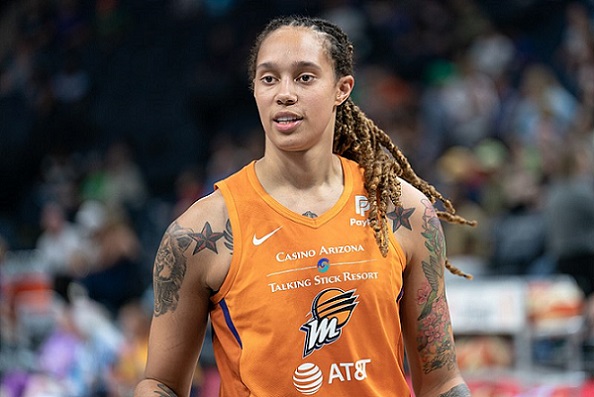The other day, professional basketball player Brittney Griner said: ‘I think it’s a crime honestly to separate someone for any reason.’ She was speaking in favor of allowing transgender competition in sports — for example, allowing a male who identifies as a female to compete against females.
But I wonder if she really means what she said. Because one of the most basic ways that we ‘separate’ athletes is by age. If an 18-year-old identifies as an 8-year-old, should we let that person compete against 8-year-olds in sports?
If we should have transgender athletes, why not trans-age athletes as well?
As I’ve noted before, this sort of confusion only arises when we start thinking that sports competitions are held for the benefit of the athletes, rather than for the benefit of the spectators. And what the spectators want most is the possibility of surprise.
The reason Novak Djokovic shouldn’t play against Athena Williams is that it would be boring. There would be no point in watching.
Just as there is no point in watching a race like this, in which Lia Thomas is done swimming while every other swimmer has at least two laps to go. It’s hard to even watch the whole race, once you know how it’s going to come out.
Fallon Fox and Erika Newsome should not have fought, for the same reason that Tyson Fury and Stephen Fulton should not fight. It’s got nothing to do with sex or gender.
The reason for ‘separating’ athletes by sex, age, size, and other attributes has nothing to do with inclusiveness. It has to do with interestingness, period.
If the people who run competitive sports aren’t careful about mixing sports with politics, the arguments about sports will become more entertaining than the sports themselves. Imagine how that will affect ticket sales. And athlete salaries.
